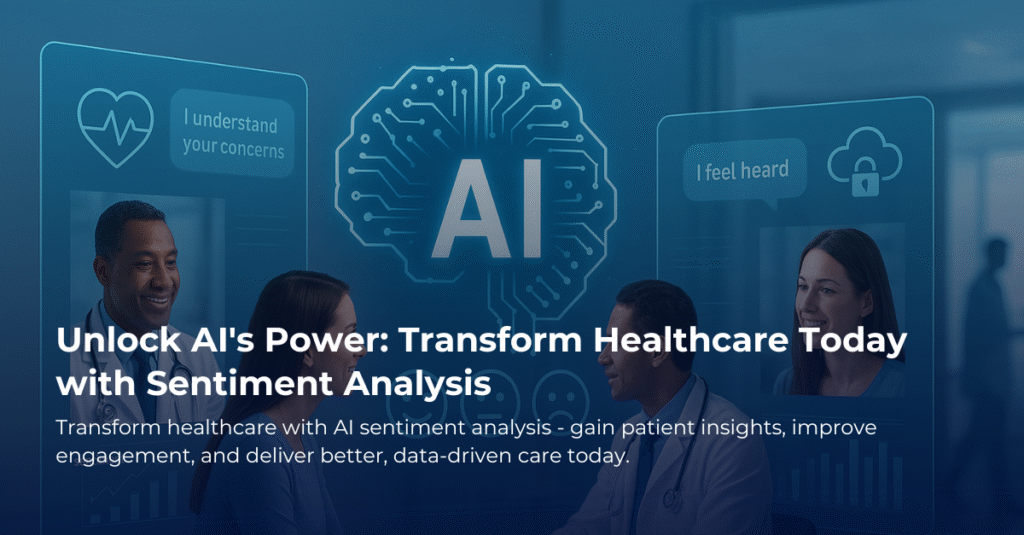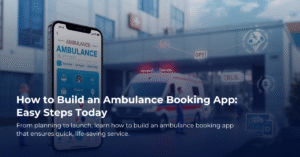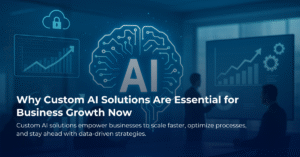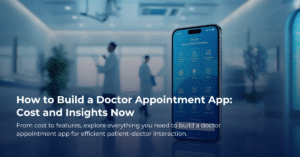Transforming Healthcare with AI-Powered Sentiment Analysis
It’s easy to think that many of the technological advancements in healthcare are too complex to understand. I get it. When you hear terms like “AI” and “sentiment analysis,” it’s natural to feel a bit lost. You might wonder if it’s all just buzzwords or if there’s something truly valuable behind them. Let’s break this down in a straightforward way.
Sentiment analysis is essentially a way for computers to interpret human emotions. Think of it as a tool that can read and understand feelings from written or spoken text. In healthcare, this can open up new insights that can significantly improve patient care and operational efficiency.
How Does It Work?
At its core, AI-powered sentiment analysis uses algorithms to analyze text from sources like patient reviews, social media posts, or even clinician notes. The AI scans the language to determine whether the sentiment is positive, negative, or neutral. For instance, if a patient writes a review saying, “The staff were so caring and attentive,” the AI identifies that as a positive sentiment. Conversely, a comment like, “I waited too long for my appointment” would be flagged as negative.
But you might be asking, why does this matter? Let’s explore some practical examples.
Real-World Examples
- Improving Patient Experience: By analyzing patient feedback from different platforms, healthcare providers can identify common pain points and understand how patients feel about their services. If many patients mention long wait times, the facility can take action to optimize scheduling and reduce those delays.
- Enhancing Communication: Sentiment analysis doesn’t just focus on patient reviews. It can also analyze conversations between patients and healthcare professionals. This can highlight areas where communication can be improved, ensuring that patients feel heard and supported.
- Public Health Insights: During health crises, social media activity can provide real-time insight into public sentiment regarding health issues, treatments, or vaccines. This helps health organizations tailor their messaging and response strategies to better align with public concerns and hesitations.
Why Should You Care?
As a business owner in the healthcare space, you are likely focused on delivering the best care possible while keeping operations smooth and efficient. AI-powered sentiment analysis can give you a clearer view of your patient experience and help you make informed decisions based on actual data rather than assumptions. Imagine making changes based on concrete insights rather than guesswork—how much more effective would that be?
Moving Forward
Of course, integrating AI in any aspect of your business does require planning and investment. However, the potential benefits in understanding patient emotions and experiences can foster a stronger connection between healthcare providers and patients. It can lead to not only improved satisfaction but also better health outcomes.
In conclusion, AI-powered sentiment analysis is not just a fancy term but a practical tool that is transforming how we understand and improve healthcare. So, the next time you hear someone mention it, know that there’s a lot of promise in using AI to listen to what patients are really saying.
If you have more questions, or if you want to explore this topic further, let’s keep the conversation going. Your curiosity is the first step to creating a better healthcare experience.







